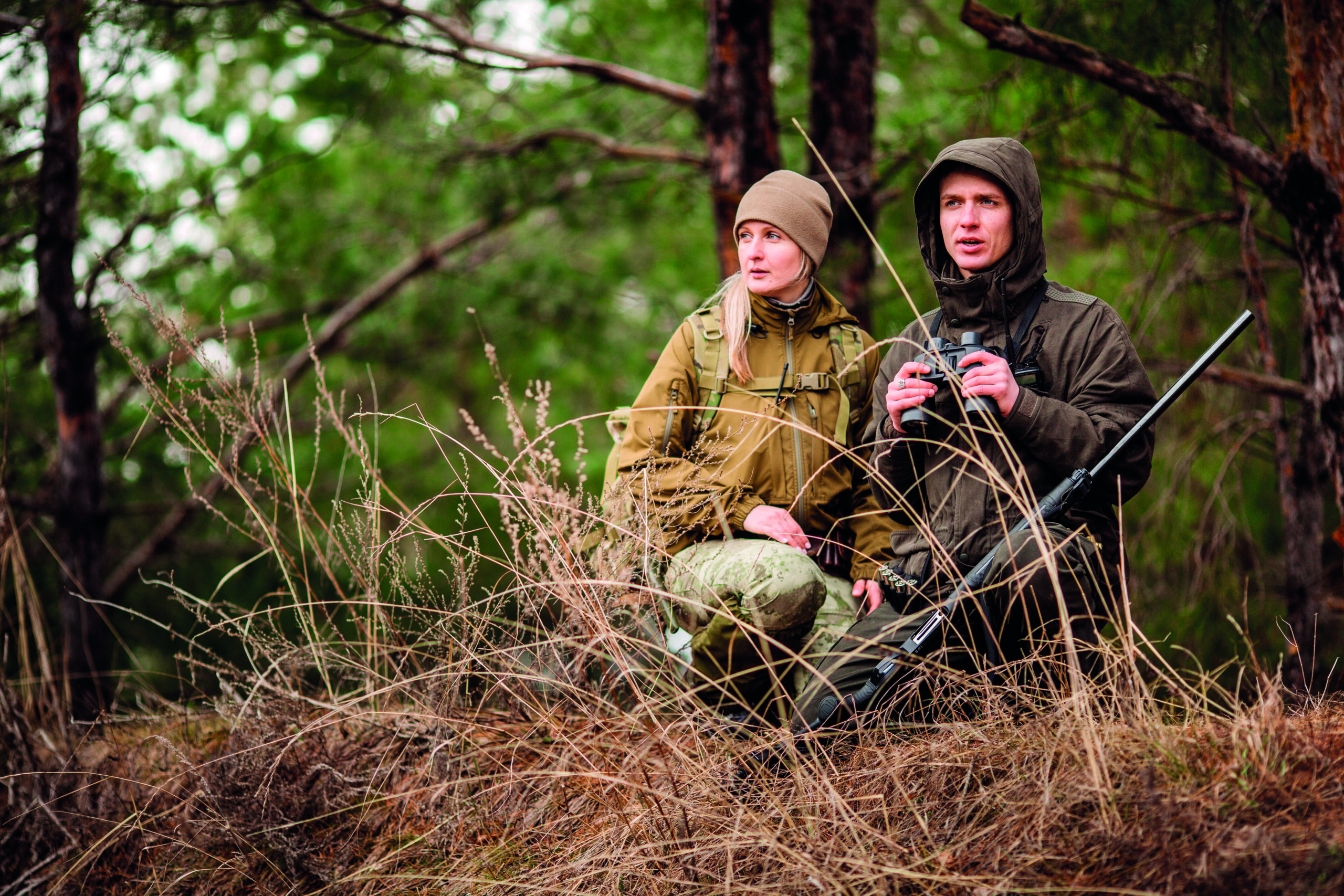Partners of applicants are part of the vetting
Five police forces in England and Wales are questioning the partners of those applying for firearms certificates as a layer of ‘safeguarding’.

Partners and spouses of all gun licence applicants are being asked questions for the first time, as five police forces seek to strengthen licensing processes.
The Metropolitan Police, Bedfordshire, Cambridgeshire, Hertfordshire and Gwent forces are testing a questionnaire designed to build a more detailed picture of those wishing to own any sort of gun.
The initiative, known as Project Titanium, was developed by Gwent Police and has already resulted in some applications being refused or existing licences being revoked. This additional layer of safeguarding follows the introduction in late 2021 of medical forms to be filled out by the licence applicant’s GP.
The Project Titanium questionnaire is not a legal requirement, but applicants who refuse to engage or share their partner’s details could face an automatic refusal. More than 5,000 applications have been subject to the additional questions since the trial began last year. Gwent Police said its firearms licensing officers were trained to risk-assess scenarios that may raise red flags about an applicant. It said partners were interviewed alone — either in person or in vision remotely — to make sure their answers were as truthful as possible.
When there was a risk that someone may not be able to be honest due to their domestic circumstances, the force said it opened an avenue of communication with police that they may feel able to use in the future. Gwent Police has now extended use of the questionnaire to other family members, not only partners.
The National Police Chiefs’ Council said extensive checks were carried out before someone was issued with a gun licence and statutory guidance had been updated, including around domestic abuse and “family turmoil”. A spokesman said three forces were testing more focused questioning as part of the licensing process to “proactively identify additional concerns around an applicant’s domestic home life and circumstances which may provide additional information as part of the overall assessment process”.
The spokesman added the results of the trial are being assessed but feedback received had been positive. “With new national licensing training due to be rolled out later this year by the College of Policing, we are working closely with them to consider how this process can be effectively implemented across all forces.”
Bill Harriman, BASC’s director of firearms, said: “BASC works for a licensing system that protects public safety. It is not in the public interest or the interest of those who shoot for unsuitable people to be licensed to own firearms. But it’s also important to make sure safeguards are in place against malicious accusations of abuse — departments must make sure they assess the evidence properly, rather than being risk-averse and denying certificates on the basis of groundless allegations. BASC is always ready to work with the police to help achieve consistency of practice across police forces.”








